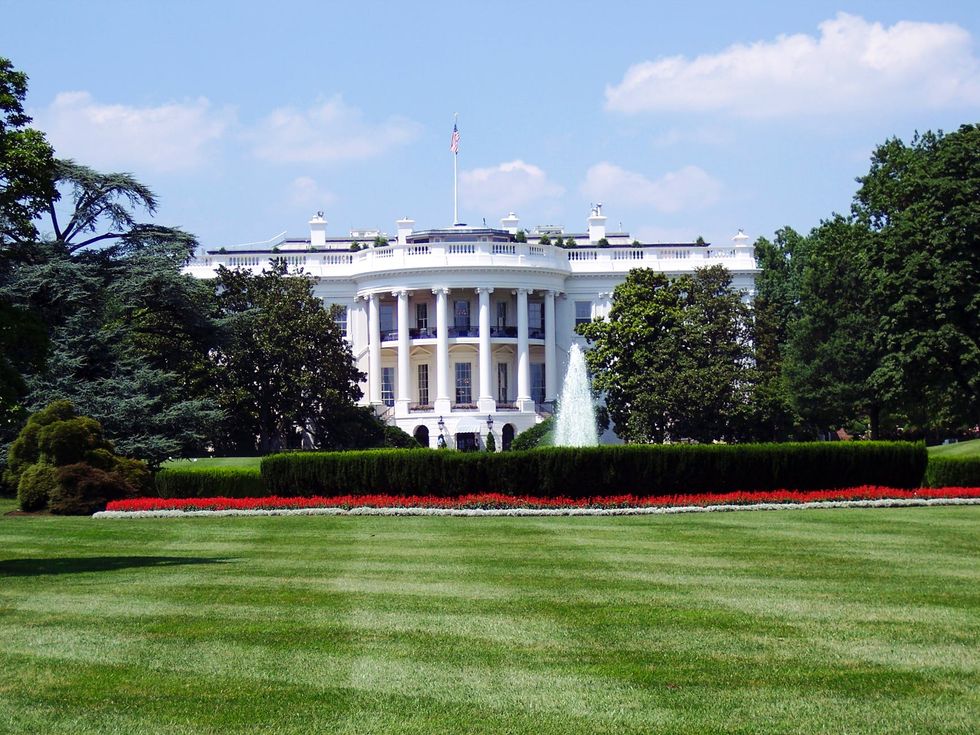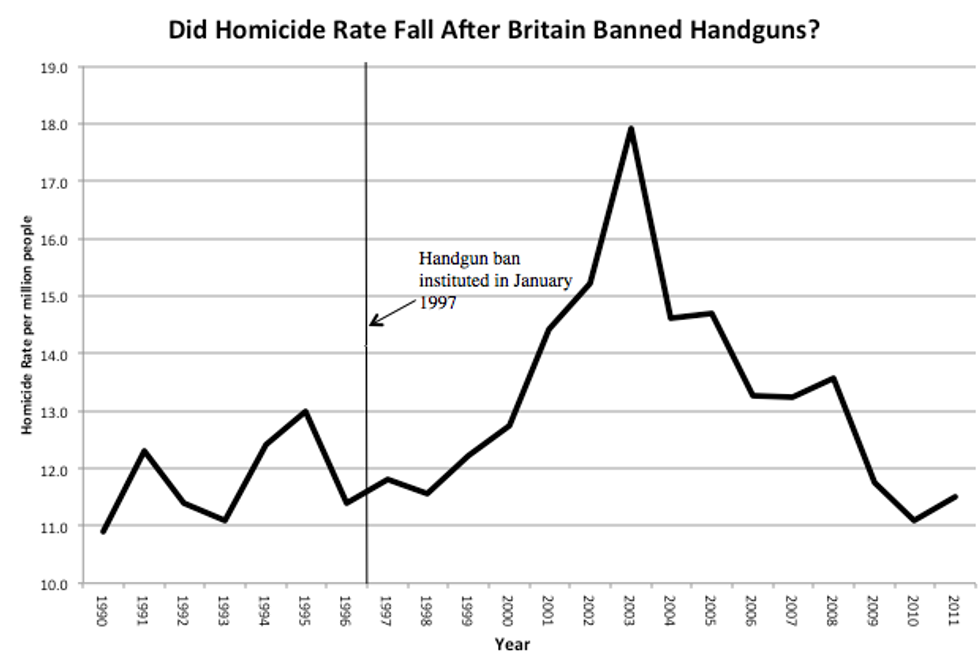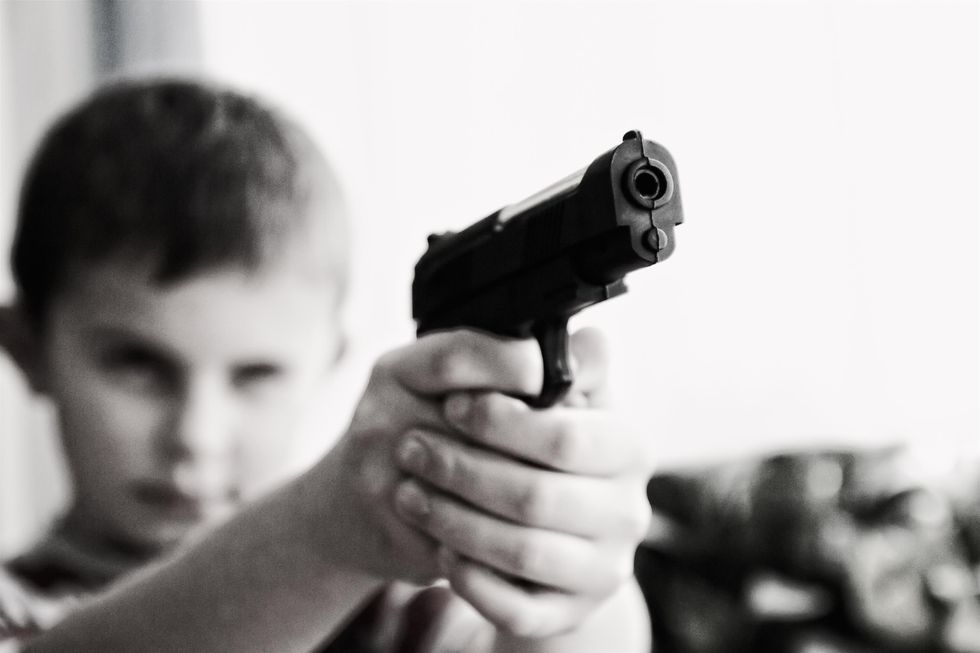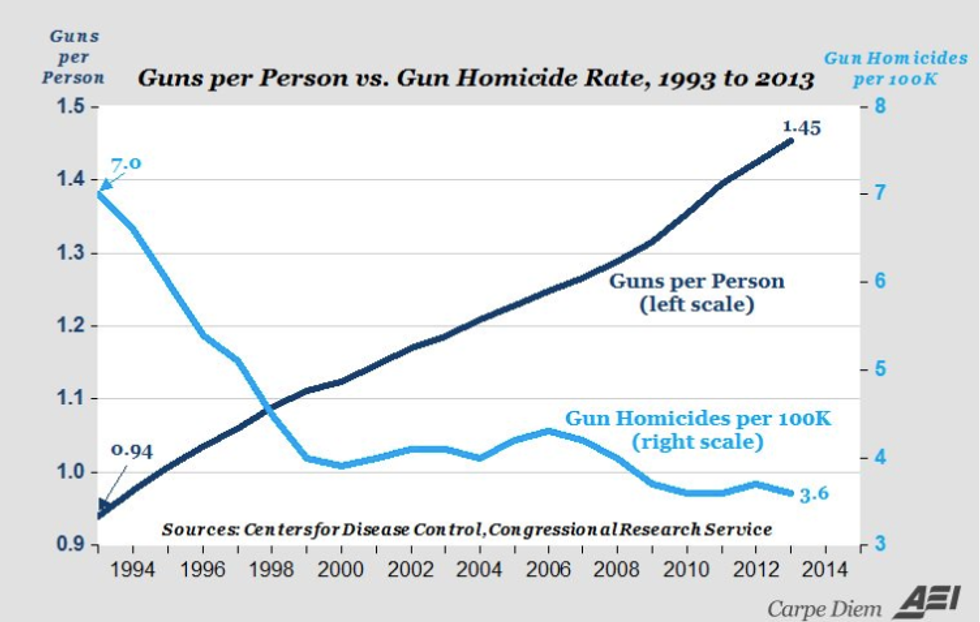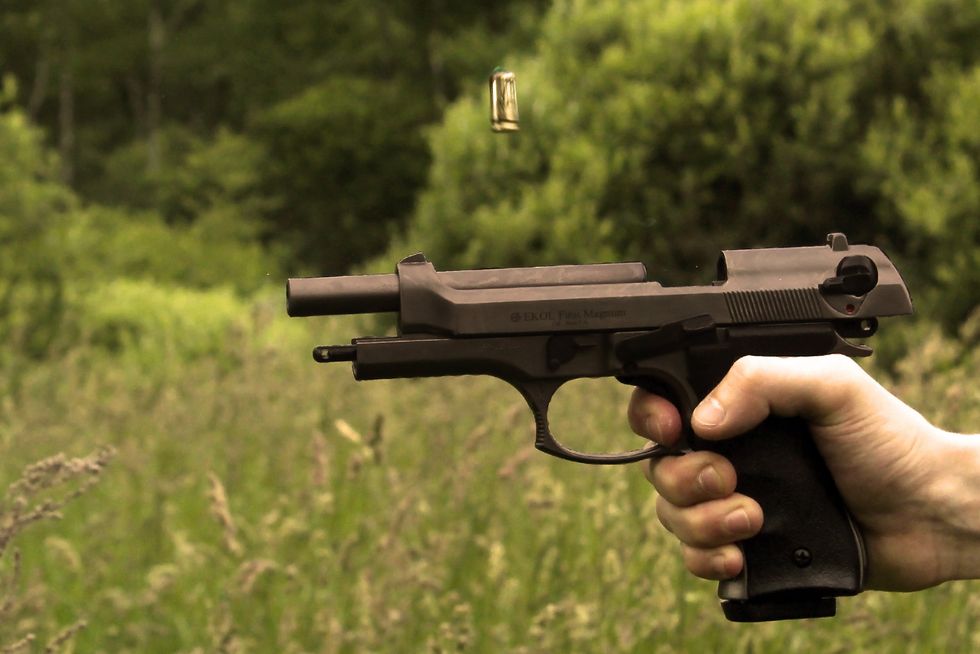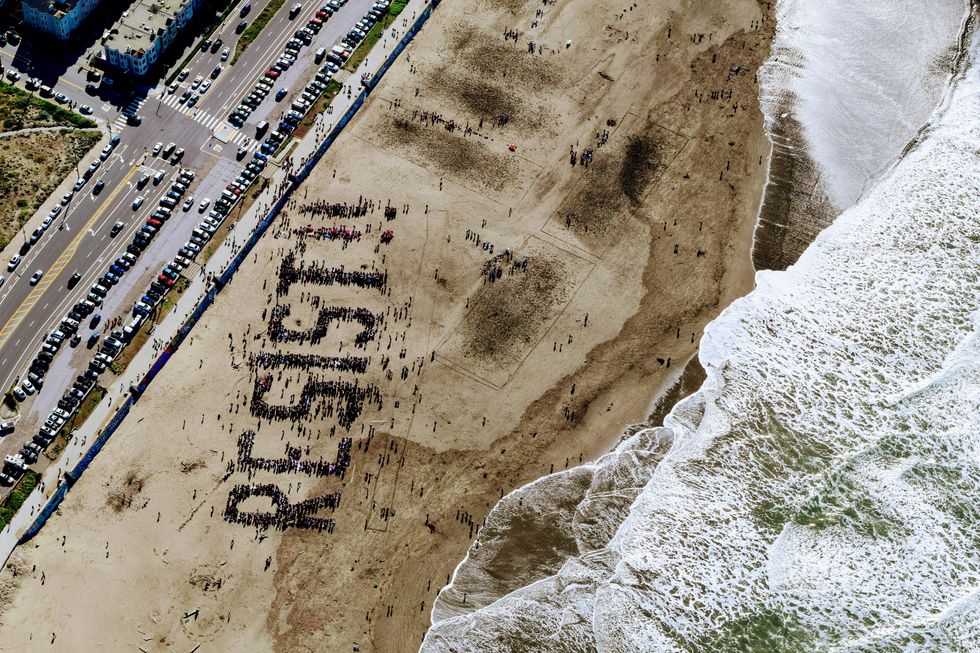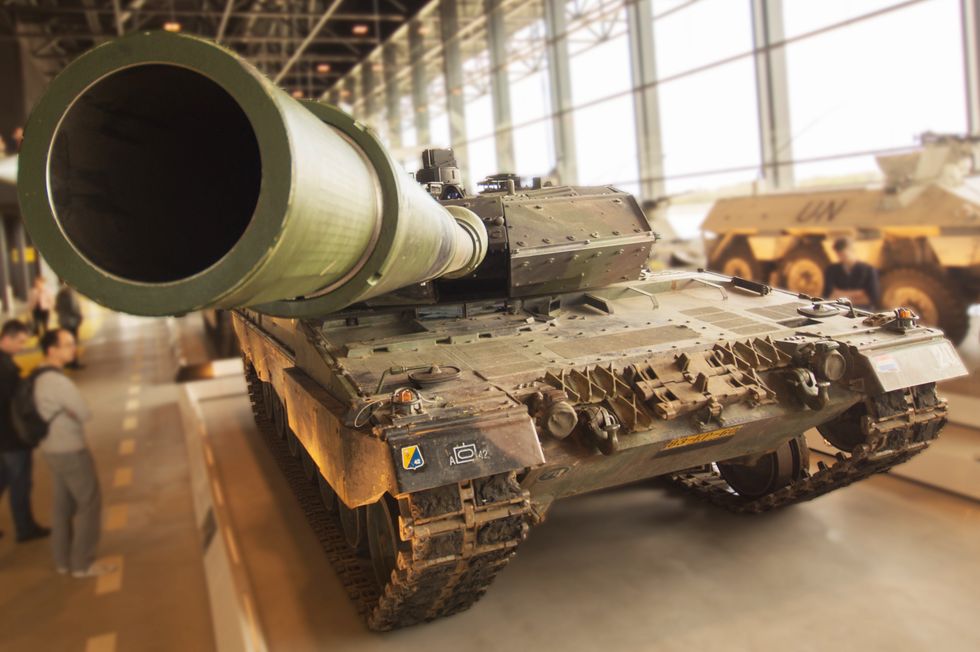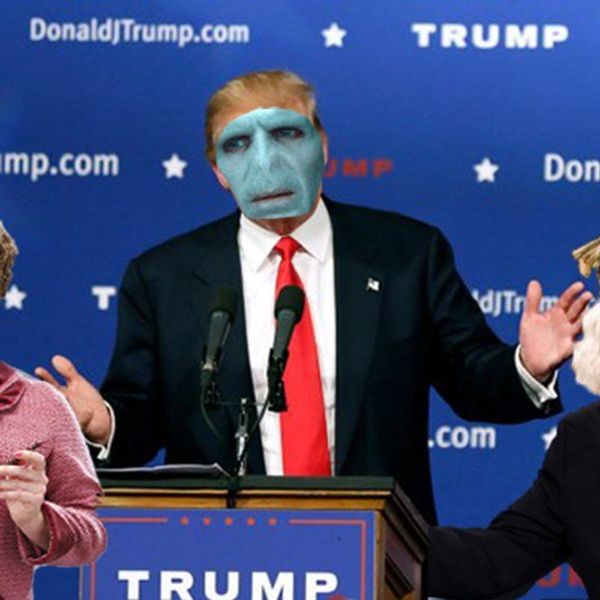I hope that after reading last week's foreword to this piece, you understand that I want to prevent school shootings as much as the next person; to truly prevent another, however, more needs to be widely known about guns, policy, why people own guns, and school shootings. For this reason, I ask you to consider the following so that sooner than later we may come together and prevent this from ever happening again.
1. Washington D.C. Gun Ban
The result? Consider this statement by D.C. Prosecutor Jeffrey Shapiro:
"It emboldened criminals because they knew that law-abiding District residents were unarmed and powerless to defend themselves. Violent crime increased after the law was enacted, with homicides rising to 369 in 1988, from 188 in 1976 when the ban started."
2. Australia
After a mass shooting, Australia had a mandatory gun buyback. Since then, it has not had another!
Would it work in the U.S.? Well, Australia has a population of about 24 million people, and an ocean surrounds it. In contrast, the U.S. shares borders with other countries, and it has a population of over 325 million people. It's difficult to regulate that many individuals in the same way the smaller ocean-locked Australian population could be regulated.
It is important to note that a similar thing was implemented in the U.S. in 2014 in Boston. The result? 400 guns were turned in and gun homicide went up by 43% one year later.
Studies also suggest that the Australian gun buyback didn't positively impact gun homicide rates. One report to the Parliament of Australia states,
"Prior to 1996, there was already a clear downward [trend] in firearm homicides…this pattern continued after the buyback...It is hence difficult to link the decline to the buyback."
Today, Australia has as many guns as when the buyback occurred, but gun violence has been on a steady decline.
3. Britain
After a school shooting in the U.K., they instituted tougher gun laws. The result? Firearm-specific and general homicide rates went up.
4. Could current gun control proposals have prevented past school shootings?
Columbine:
Both shooters were not old enough to buy guns so they had a friend buy them instead. Additionally, they acquired them during the 1994 Assault Weapon Ban, yet they committed among the deadliest school shootings in U.S. history.
Virginia Tech:
A 23-year-old killed 33 people with pistols, yet it is considered to be the deadliest school shooting to date.
Sandy Hook:
A weapons ban existed in Connecticut at the time of Sandy Hook but the shooting still happened. Had the individual not had his semi-automatic Bushmaster; what would have stopped him from using the pistols he also carried?
5. Assault Weapon Ban of 1994:
Did it work? This is what the National Institute of Justice proposes,
"[they] cannot clearly credit the ban with any of the nation's recent drop in gun violence…there has been no discernible reduction in the lethality and injuriousness of gun violence".
6. Age Limits
School shooters haven't cared if they were of legal age to get a gun since they have usually taken guns from their parents or have had friends buy them.
7. Machine Guns
Machine guns haven't been the weapon of choice for school shootings but to debate gun control, it is important to know that a machine (a.k.a a fully automatic) gun is,
"any weapon which shoots...more than one shot, without manual reloading, by a single function of the trigger."
Also, their transfer and possession is virtually banned.
8. The AR-15
The AR-15 stands for Armalite Rifle 15 and not Automatic Rifle or Assault Rifle.
It shoots one bullet when the trigger is pulled; thus it is a semi-automatic (not a fully automatic) gun.
9. More Guns = More Gun Deaths?
The number of guns has increased in the United States while gun homicide is decreasing overall.
10. Strong emotions don't grant us expertise.
Tragedies can make us experts at empathizing, but they don't grant us expertise in public policy.
I say this in light of the Parkland shooting and suggest that even survivors are not immune to criticism on their public policy ideas.
11. Belt loops can work like bump stocks.
Should we ban belt loops and rubber bands which can work like bump stocks?
12. Mass Shootings
Some people believe mass shootings are a problem specific to the U.S. -- is this true?
13. Most gun homicides are committed with handguns.
Crime research organizations recognize this.
14. Tyrannical Government
Who will protect citizens if the government turns on us?
"That would never happen."
Well, just consider current day North Korea, Cuba, Russia, Sudan, Zimbabwe, Uganda, and Uzbekistan (to name a few).
P.S.: Some past tyrannical governments disarmed their citizens first.
15. "Citizens don't stand a chance against the military anyway."
Whether or not someone stands a chance, people want to at least try. Throughout history there have existed battles where people felt like all odds were stacked against them, yet they persevered, and it is definitely not in the American spirit to go down without a fight.


